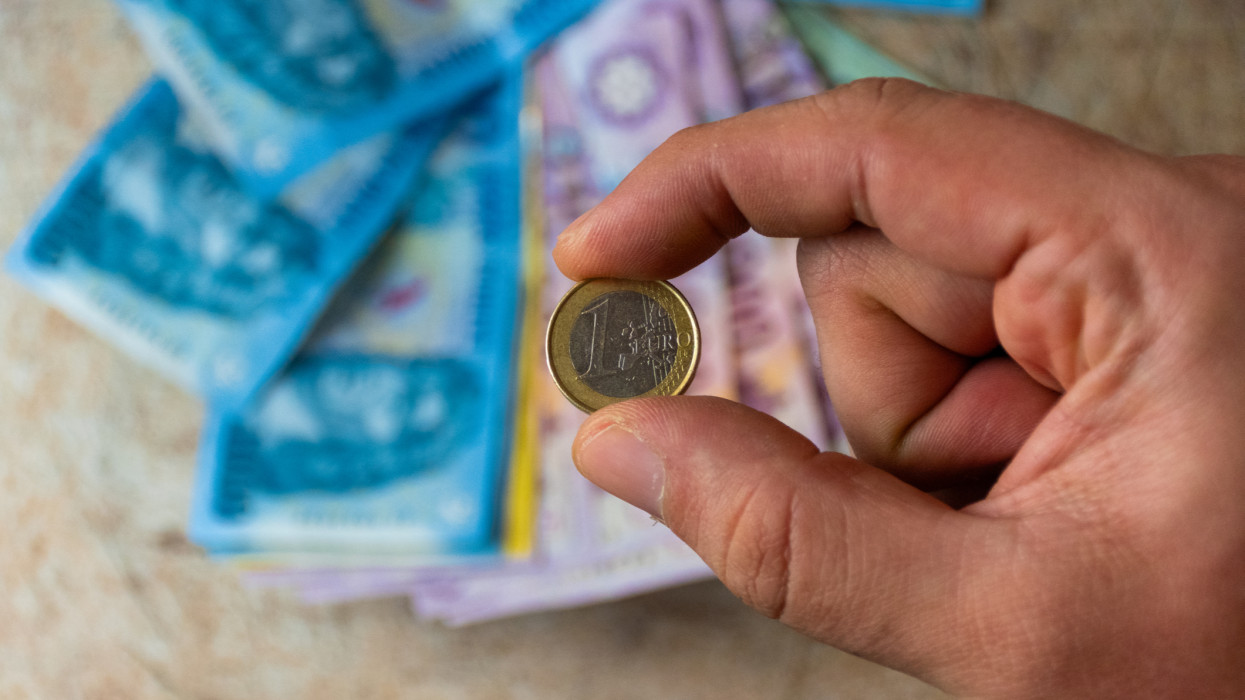In Germany, supermarkets are already selling eggs from 'hens without brothers'. The eggs from which the laying hens are born have been checked on the genus during the incubation process. This will prevent millions of male day-old chicks from being gassed.
German Federal Minister of Food and Agriculture Julia Klöckner: “This is a great day for animal welfare in Germany! In this way we will set the pace in Europe. Now it is possible to identify the gender of the chicks in the hatching egg through a needle-tip tiny hole. Male hatching eggs no longer need to be incubated and killed immediately after hatching.” In Germany alone, around 45 million male chicks from laying hen breeds are killed every year. Male chicks of these breeds do not lay eggs and do not fatten enough meat. Due to the high costs, the male chicks, the so-called layer brother cocks, are often not reared.
Jan Kunath, the Deputy Chief Executive Officer of REWE Group: “Throughout next year, our customers will be able to buy the so called free-range respeggt-eggs gradually throughout Germany.” At the same time, SELEGGT is developing a business model to make the technology available to the industry as a cost-neutral service. Germany thereby initiates the new method, which can put an end to chick culling in hatcheries. The patented process will be available to the first hatcheries from 2020. Through intensive research and technological development, HatchTech has played a key role in bringing this innovative approach to market.
In the SELEGGT process, a laser is used to burn a hole of no more than 0.3 millimetres into the hatching egg shell. Afterwards, a small amount of fluid is extracted through a non-invasive procedure. Hence the interior of the hatching egg is untouched and remains safe and sound. Through a change in colour, a marker will indicate whether the sex-specific hormone estrone sulphate can be detected in the hatching egg. If detected, a female chick is developing in the hatching egg. Consequently, only female chicks hatch on the 21st day of the incubation. No estrone sulphate indicates a male hatching egg, which is separated and processed into high-quality animal feed.







